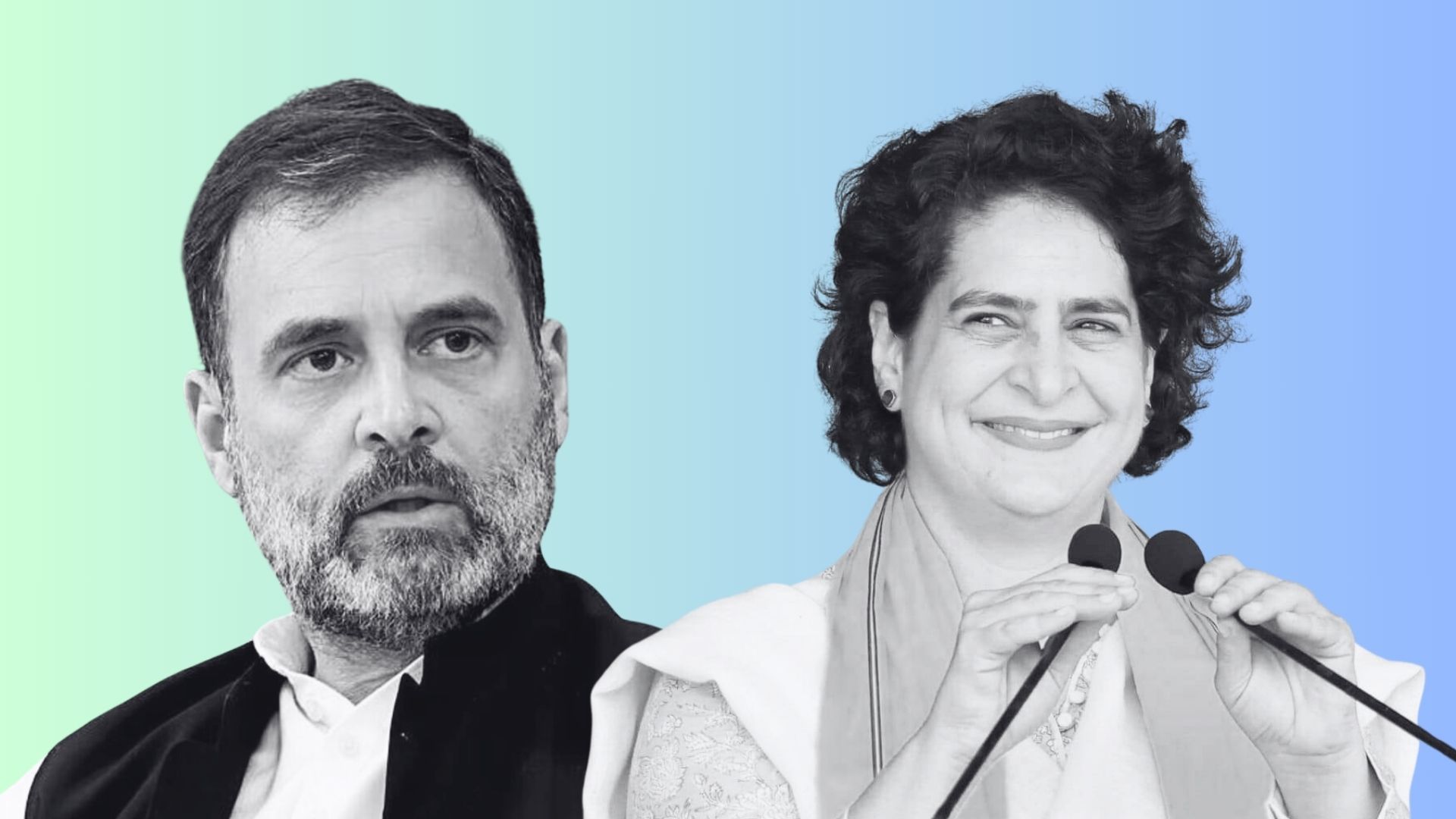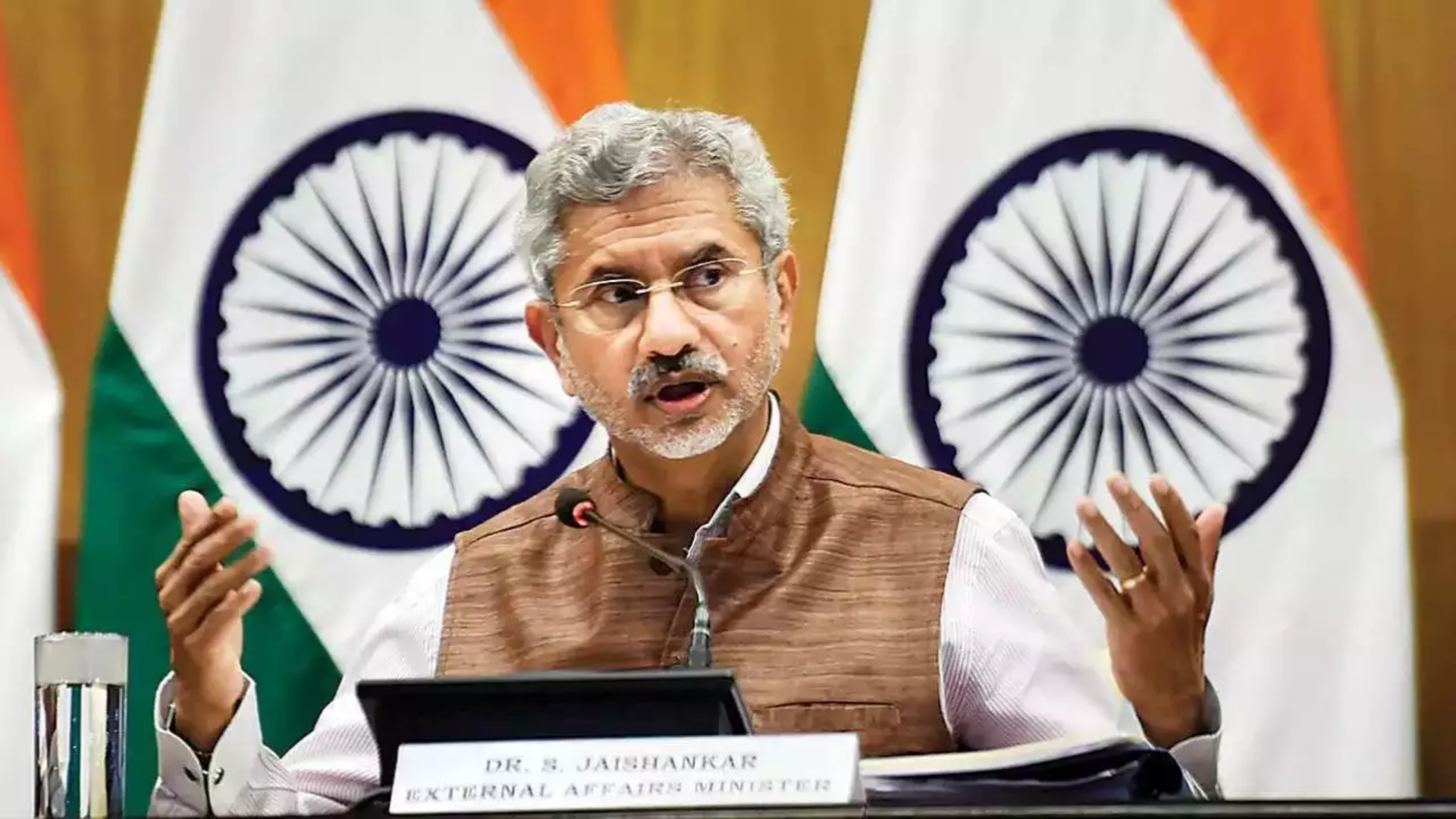



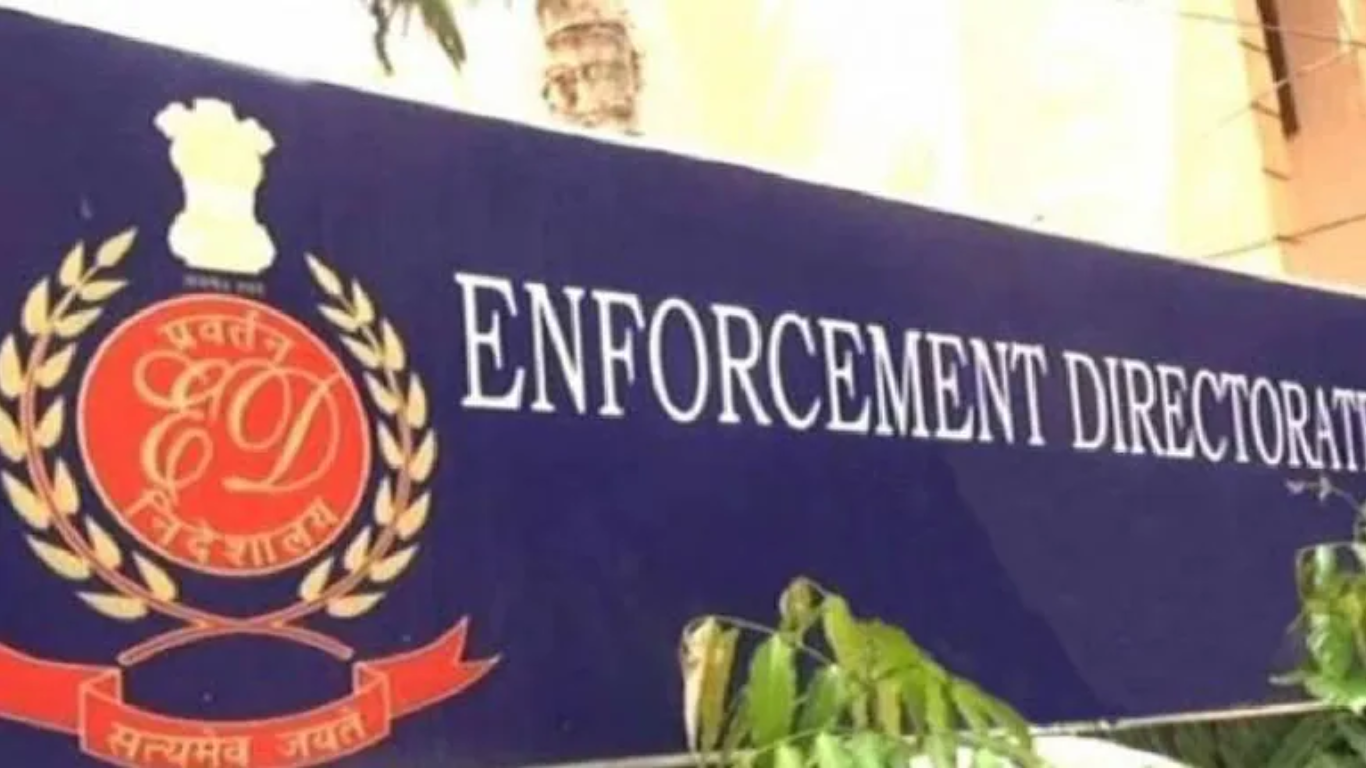


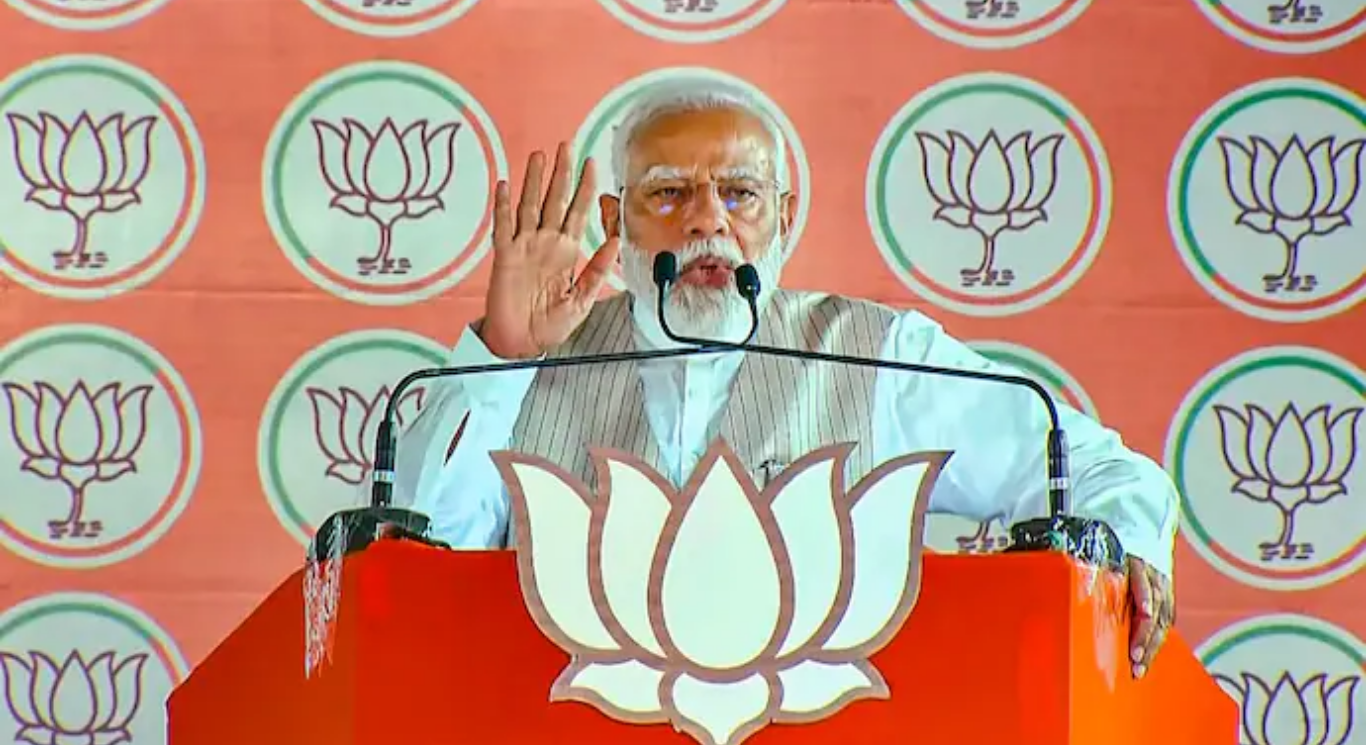

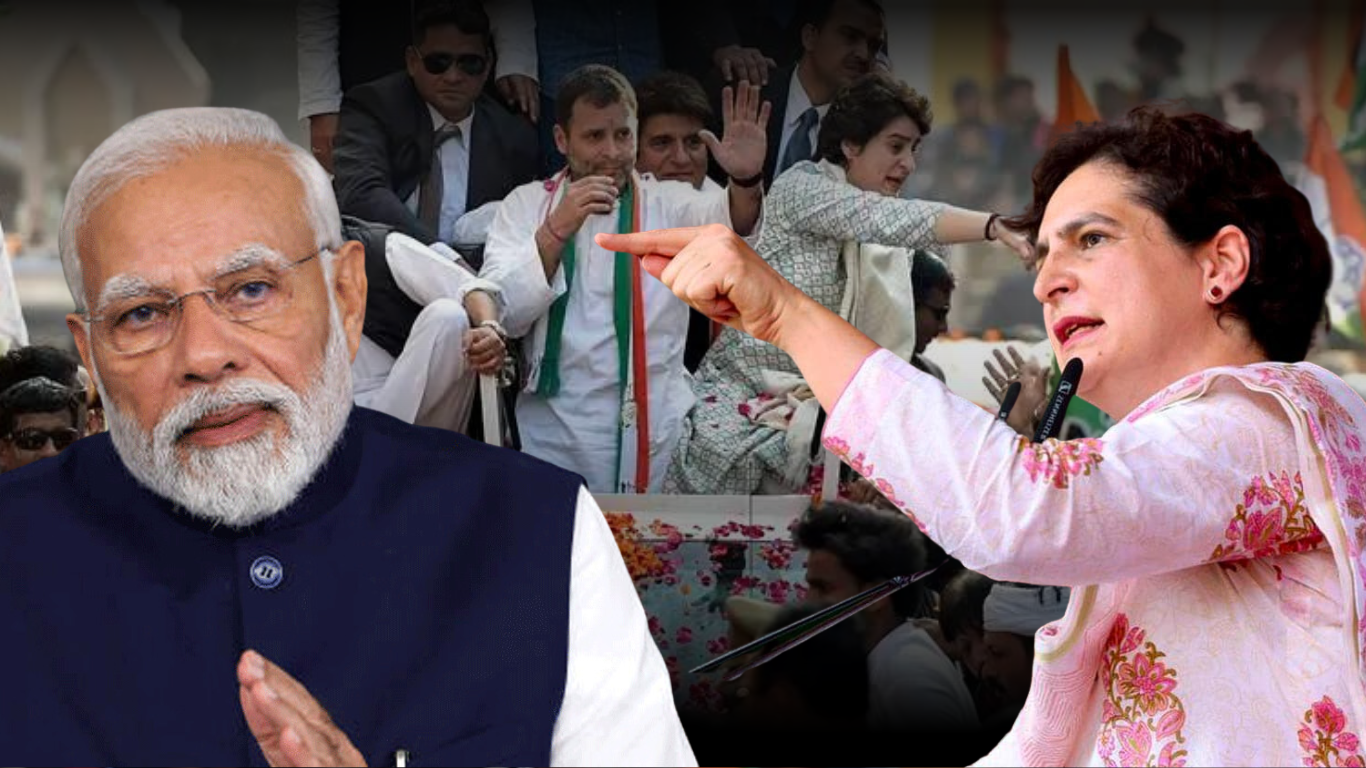
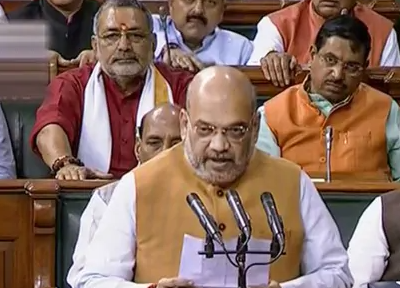
A number of legal experts applauded the Centre’s decision to revise the colonial-era IPC, CrPC and Indian Evidence Act with three bills that Union Home Minister Amit Shah introduced in Parliament on Friday. They claimed that the legislation would strengthen the nation’s criminal justice system because the major criminal laws which are over 300 years old were in desperate need of revision.
On the final day of the monsoon session of Parliament, three historic measures that would replace legislation from the British era with a focus on “justice instead of punishment” were introduced in Lok Sabha.
On Friday, three bills were introduced in the Lower House of Parliament: The Bharatiya Nagarik Suraksha Sanhita 2023, the Bharatiya Nyaya Sanhita 2023 and the Bharatiya Sakshya Bill 2023. The measures are being sent to the Standing Committee for review, according to Union Home Minister Amit Shah.
Former Union Law Secretary PK Malhotra responded to it by stating that the three bills—replacing the IPC, Evidence Act, and CrPC—are a long-needed and desired reform of the criminal justice system.
The three laws that would replace the IPC, Evidence Act and CrPC from the British era are a long-awaited and much-needed overhaul of the criminal judicial system. Despite the reforms that have been implemented thus far and numerous recommendations such as those from the Justice Malimath Committee and the Law Commission, “justice for the common man has remained a far cry and those accused of petty crimes remain in prisons as undertrials for long periods of time,” he added.
“It is anticipated that justice delivery will be much quicker and reform-oriented with the procedural changes now suggested such as community service for minor offences, use of technology in the justice delivery system and rationalizing punishment for serious offences,” he continued.
Senior attorney Vikas Pahwa claimed that since the statutes were put into place more than a century ago, they urgently require revision.
The three Criminal Major Acts, which were put into effect more than a century ago, needed to be drastically changed. As a criminal defence attorney, I’ve long believed that India’s current legal system, as well as the definitions of criminal offences and the rules governing admissibility of evidence, need to be completely updated. Any law created along these lines would be advantageous for our nation’s criminal justice system. I applaud the government’s decision to submit these proposals to Parliament. The laws will mark a significant development in the way trials are handled in the nation if they pass the test of our urgent judicial needs, as per a statement by Vikas Pahwa.
In addition, former Union Law Minister Ravi Shankar Prasad described the three measures as historic and stated they will improve India’s criminal justice system.
The Indian Penal Code of 1860 is to be replaced by the Bharatiya Nyaya Sanhita 2023, the Criminal Procedure Code by the Bharatiya Nagrik Suraksha Sanhita 2023 and the Indian Evidence Act of 1872 by the Bharatiya Sakshya Bill 2023.

